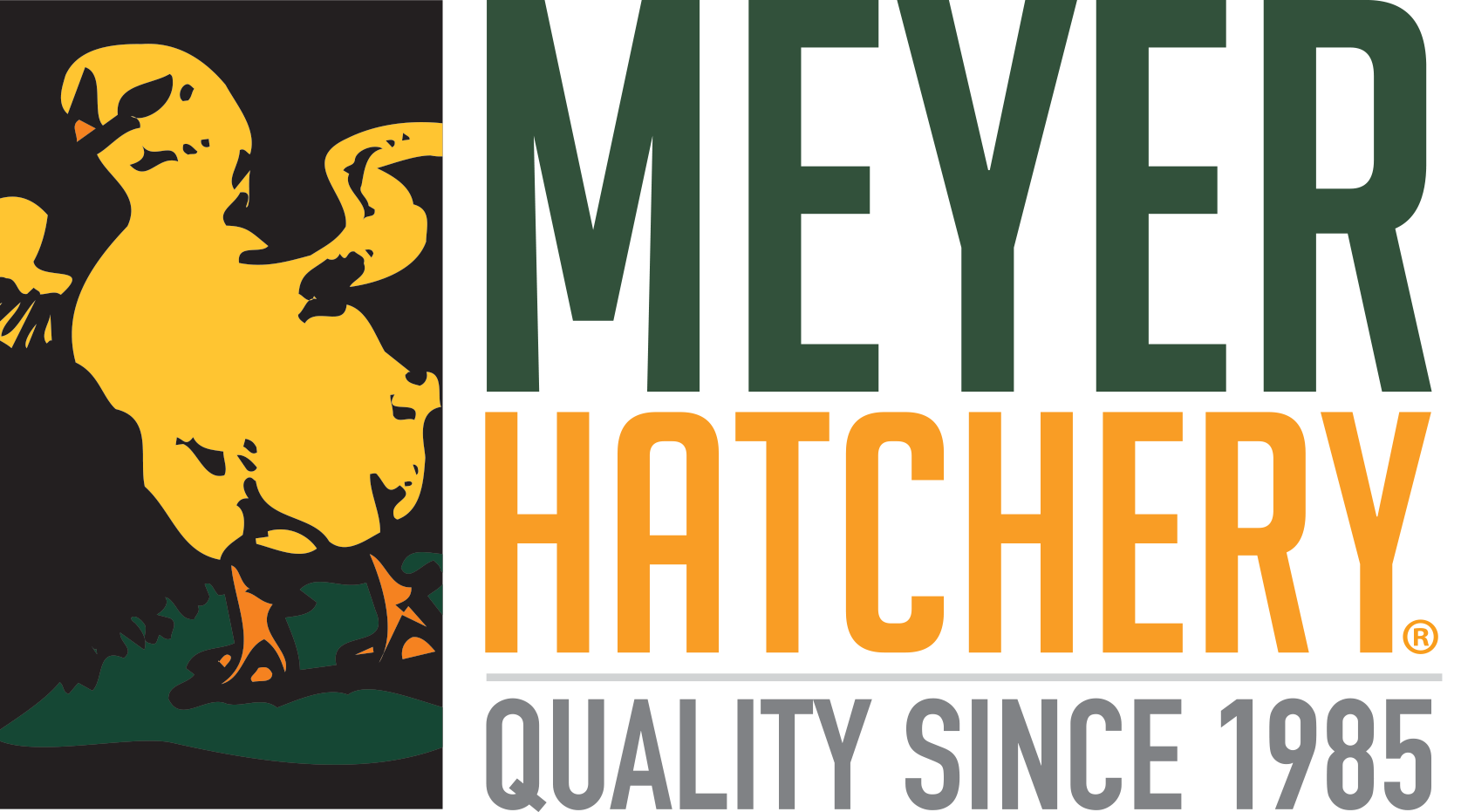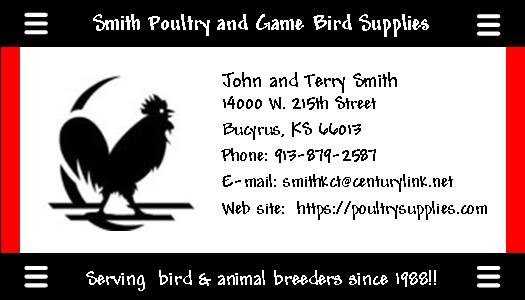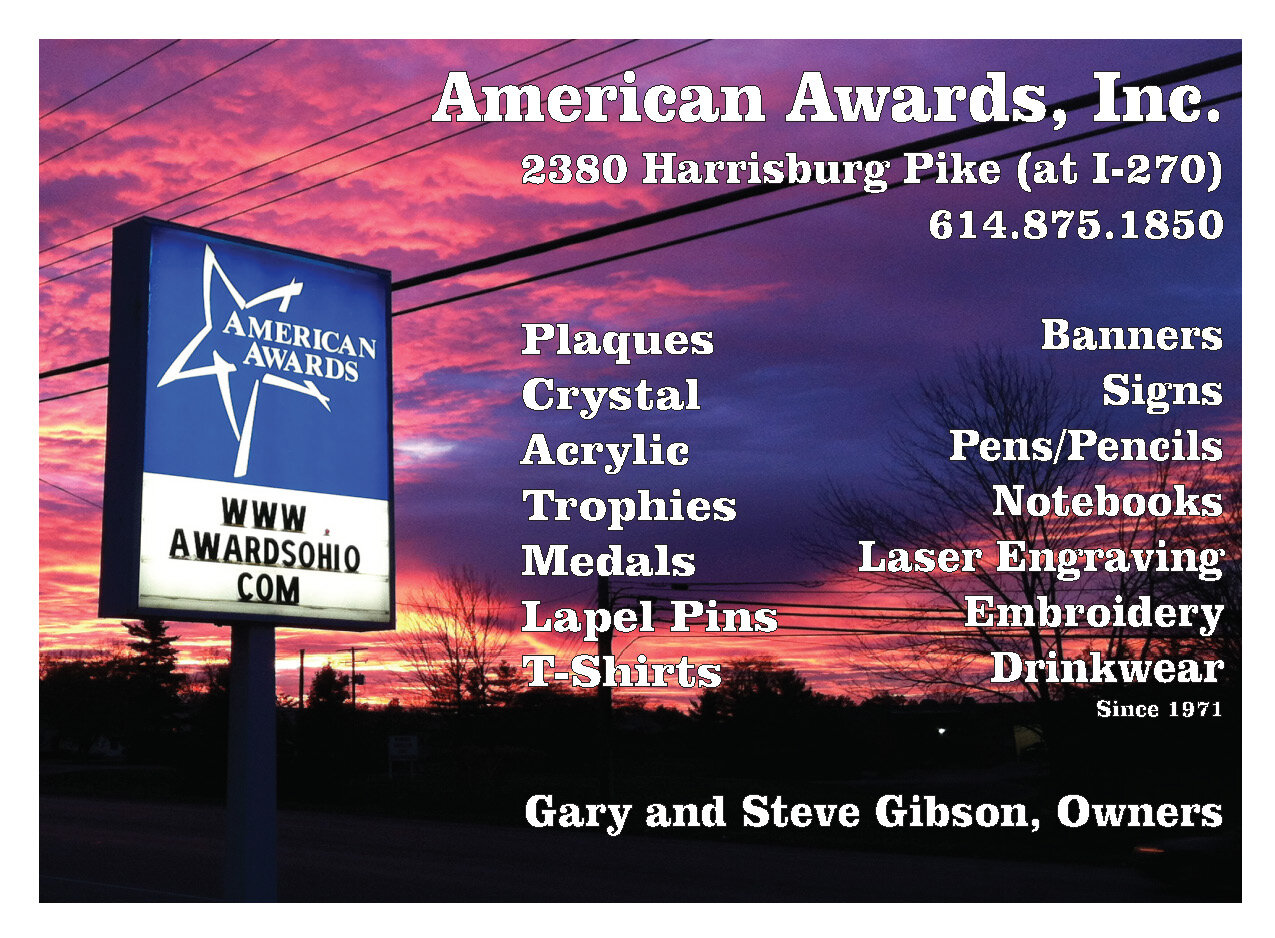First Time Exhibitor Information
First Time Exhibitors at The Ohio National
On this page we will try to pass on the information you will need to know for a first time exhibitor to either the Ohio National or any poultry show in the United States
1. Make sure your birds have been tested for PullorumIf you have received your birds from a Pullorum free hatchery for 4-H, all you need to do is bring the paperwork from the hatchery with you to the show If your birds have not been tested within the last year (for Ohio other states vary) then you will need to contact a vet or other compliance agency from your state to make sure you can travel to the show.
2. Fill out the entry form and get it in the mail. Make sure you are aware of the entry closing date. Make sure you fill it out completely. Breed, Variety, Sexand be sure to put on the form if it is Large Fowl or Bantamand how many of each sex you are bringing
EXAMPLE
Bant/ LF Breed Variety Cock Hen Cockerel Pullet Old Trio Young Trio
BantamPlymouth Rock White 3 5 2 7 2 1
Note: Some shows do not have a trio class or display class
Trios either young or old are typically only entered when you enter a display. A display iswhen you enter at least1 Cock 1 Hen 1 Cockerel 1 Pullet and a young or old trio. You may have entered your birds in the county fair as trio, but at a poultry show like the Ohio National you will likely do much better if you enter them as single birds 1 Cockerel and 2 Pullets. The reason for entering them as single birds is because of the rules of judging for the American Poultry Association and the American Bantam Association and you can find those rules by going to the respective sites. You can also purchase a Standard from each of these sites. The Standard will give you all of the information you will need to know for breeding and showing your birds.
3. Wash your birds about 7 to 10 days before the show this gives the bird time to get some of the natural oils and sheen back in the feathers prior to the show date when it needs to look it's best
4. You will want to start several days if not weeks (Depending on temperament of the bird) prior to the show working on your birds to get it so it will be calm and easy to handle for the judge. This is called coop training. You will want all of your birds to be coop trained. You will need to have the bird so it can be easily handled by the judge and be easily removed from a 2' X 2" coop for large fowl or an 18" X18" bantam coop
5. Most all shows do provide bedding of some kind for the show in most cases it will be pine shavings. In many cases there may not be enough for your personal preference. You will want to be sure and bring a bag of them along with you. Most shows do provide a water cup, but some maybe small or too large depending on the breed you are bringing. So you may want to bring along a couple ofcups per bird of your liking. Geese and Duck exhibitors will likely want to bring lager containers for water rather then the smaller cups the show provides Manyshows are one day and do not provide water cups. Most shows will have some kind of feed available, but it may not be to your quality standards. It will be healthy feed or scratch grain but some exhibitors prefer to keep their bird on the same diet. If that is the case you will want to bring your own feed.
6. Arrive at the show early if possible. On a two day show try to arrive on Friday afternoon, this will cut down on the Saturday morning rush and forgetting something you needed (cleaning and grooming supplies, clippers) This will also allow your birds to settle and become more comfortable with their new surroundings.
7. CHECK INAt every show there will be a secretary desk you will need to go there and check in. They will give you your exhibitor number and will be able to get you started on your way of getting your birds cooped in. This is also where you would come to for any questions or needs you may have
8. Enjoy the show. Talk to other exhibitors, attend the seminars be aware of when your showmanship class is going to happen, (younger exhibitors) visit the vendors and make any purchases for supplies. Make plans to go out to dinner. Maybe with someone, in many cases life long friends are made at a poultry show. And watch your birds being judged. After your birds are judged and the judge gets a break in the action feel free to ask him what he liked or disliked about your birds or what you may need to do to improve your breeding.
9. On Sunday collect the awards if you have them coming to you. Wait for the show official to dismiss the show and be sure to get all of your birds that you brought to the show and any you have bought while you were there. There are always birds left at the shows. And this causes problems for show officials to dispose of these birds.
10. Have a safe trip home








